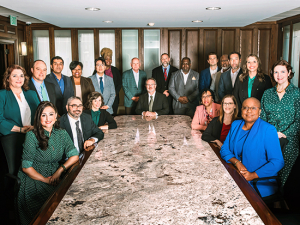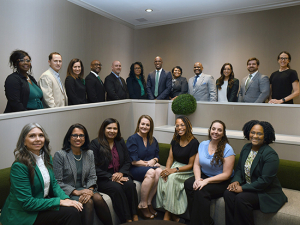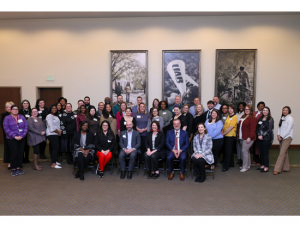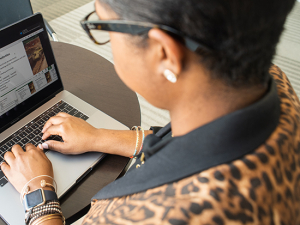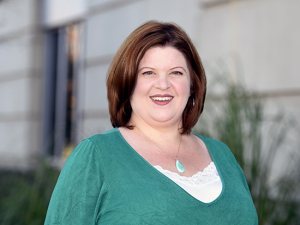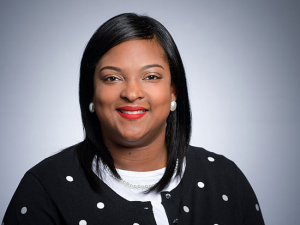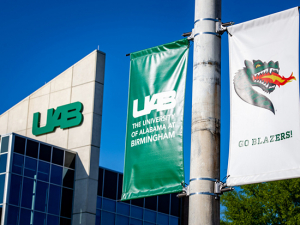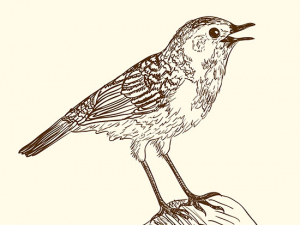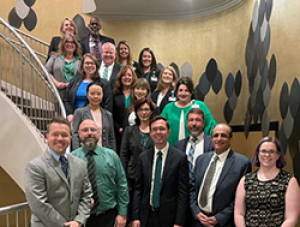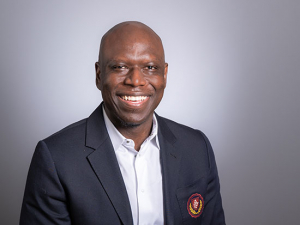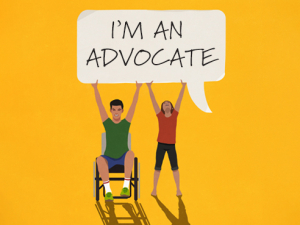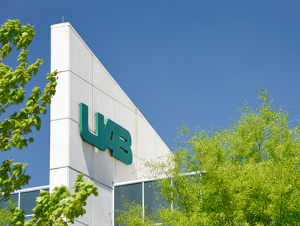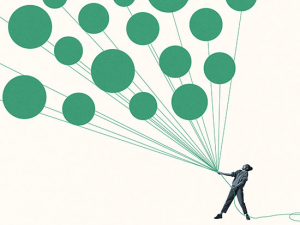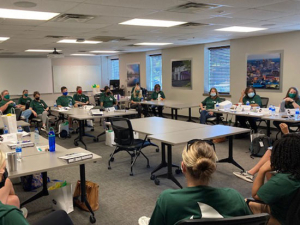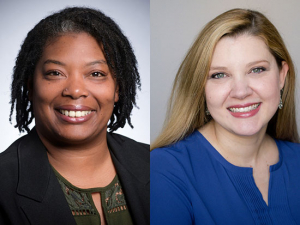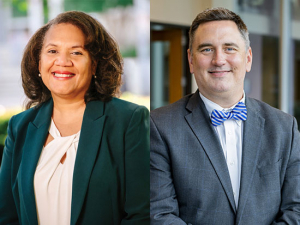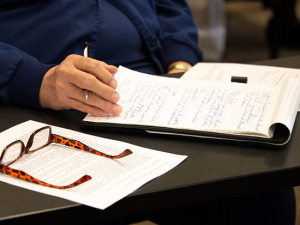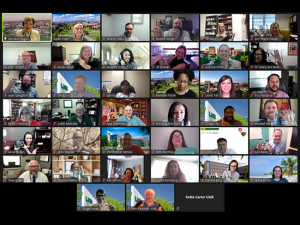“The breadth of these awards reflects the incredible diversity of creative scholarship here at UAB among faculty willing to develop and try new approaches to improve student learning. The theme of developing learning in team environments supports UAB’s QEP initiative,” said Dale Dickinson, Ph.D., director of the university Quality Enhancement Plan (QEP).
Members of the QEP advisory council and the QEP Faculty Fellows reviewed and selected the recipients based on proposals that fit the theme of the QEP, which improves an aspect of student learning and enhance the quality of higher education across the institution. Here are the recipients of the 2018-19 competition, along with a brief description of their projects:
 Brandon BlankenshipBrandon Blankenship, J.D., visiting assistant professor of criminal justice, will use experts in sociodrama and team-based learning techniques to guide the process of engaging student teams in resolving ethical dilemmas. The main learning objectives for using these two experiential techniques is for student teams to study and remedy problems in group or collective relationships and achieve and demonstrate gains in critical thinking.
Brandon BlankenshipBrandon Blankenship, J.D., visiting assistant professor of criminal justice, will use experts in sociodrama and team-based learning techniques to guide the process of engaging student teams in resolving ethical dilemmas. The main learning objectives for using these two experiential techniques is for student teams to study and remedy problems in group or collective relationships and achieve and demonstrate gains in critical thinking.
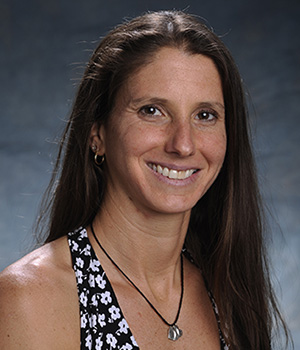 Krista CasazzaKrista Casazza, Ph.D., associate professor of pediatrics, Robin Lanzi, Ph.D., professor of health behavior, Laura Forbes, Ph.D., professor of human studies, Josephine Prado, Ph.D., assistant professor for curriculum instruction, Suzanne Judd, Ph.D., professor of biostatistics, and Kevin Fontaine, Ph.D., professor of health behavior, will study ways to incorporate learning methods for conducting research in service-learning programs. Through this initiative, research faculty will provide guidance to students who will submit research proposals. Four proposals will be selected per semester and awarded up to $800; additional funding will be provided to enable them to present at a local meeting.
Krista CasazzaKrista Casazza, Ph.D., associate professor of pediatrics, Robin Lanzi, Ph.D., professor of health behavior, Laura Forbes, Ph.D., professor of human studies, Josephine Prado, Ph.D., assistant professor for curriculum instruction, Suzanne Judd, Ph.D., professor of biostatistics, and Kevin Fontaine, Ph.D., professor of health behavior, will study ways to incorporate learning methods for conducting research in service-learning programs. Through this initiative, research faculty will provide guidance to students who will submit research proposals. Four proposals will be selected per semester and awarded up to $800; additional funding will be provided to enable them to present at a local meeting.
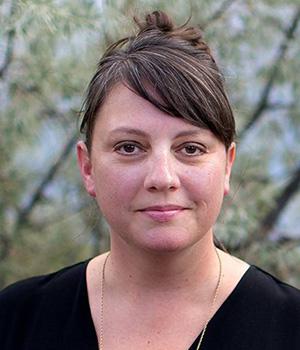 Stacey CofieldStacey Cofield, Ph.D., associate professor of public health, will use a team-based approach to introduce students to the design and implementation of clinical trials and improve student skills for team-based grant-writing in a digital environment. The project will assess whether or not the use of online tools improves participants’ opinions of team-based learning, if positive opinions are associated with greater use of the online tools and if use of video tools improves engagement.
Stacey CofieldStacey Cofield, Ph.D., associate professor of public health, will use a team-based approach to introduce students to the design and implementation of clinical trials and improve student skills for team-based grant-writing in a digital environment. The project will assess whether or not the use of online tools improves participants’ opinions of team-based learning, if positive opinions are associated with greater use of the online tools and if use of video tools improves engagement.
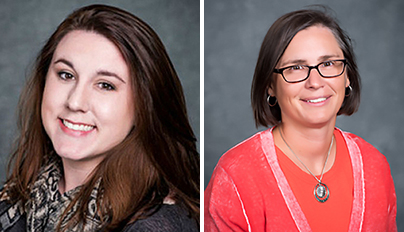 Jenna LaChenaye and Claire MowlingJenna LaChenaye, Ph.D., assistant professor of human studies, and Claire Mowling, Ed.D., assistant professor of human studies, will explore the use of gamification in online research methods courses and its role in promoting teamwork in online environments, reducing student anxiety and improving engagement in online statistics courses.
Jenna LaChenaye and Claire MowlingJenna LaChenaye, Ph.D., assistant professor of human studies, and Claire Mowling, Ed.D., assistant professor of human studies, will explore the use of gamification in online research methods courses and its role in promoting teamwork in online environments, reducing student anxiety and improving engagement in online statistics courses. 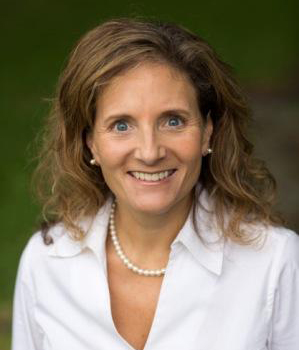 Annalise SorrentinoAnnalise Sorrentino, M.D., professor of emergency medicine, will use the escape room concept as a tool to promote collaboration and critical thinking among teams of students. Participants will work through a clinical scenario in multidisciplinary teams, earning clues along the way, with the goal of “escaping” before time elapses.
Annalise SorrentinoAnnalise Sorrentino, M.D., professor of emergency medicine, will use the escape room concept as a tool to promote collaboration and critical thinking among teams of students. Participants will work through a clinical scenario in multidisciplinary teams, earning clues along the way, with the goal of “escaping” before time elapses. 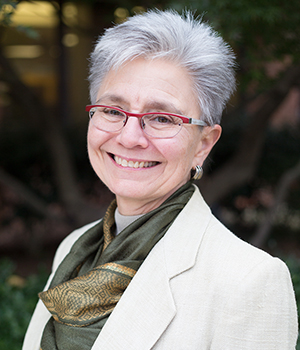 Diane TuckerDiane Tucker, Ph.D., professor of psychology, instructor Camerron Crowder, Ph.D., Michael Wyss, Ph.D., professor of cell, developmental and integrative biology, Cristin Gavin, Ph.D., assistant professor of neurobiology, Daniel Bullard, Ph.D., professor of genetics, Louis Justement, Ph.D, professor of microbiology, Steven Austad, Ph.D., professor of biology, and Anil Challa, Ph.D., adjunct professor of biology, will assess the impact of teamwork during data-generation and data-analysis phases of a molecular biology course-based research experience. Students will use the cas-9 CRISPR gene-editing methods to investigate early developmental phenotypes of genes implicated in rare undiagnosed human diseases. Having students work in two distinct teamwork environments is expected to broaden their appreciation for teamwork in approaching complex problems.
Diane TuckerDiane Tucker, Ph.D., professor of psychology, instructor Camerron Crowder, Ph.D., Michael Wyss, Ph.D., professor of cell, developmental and integrative biology, Cristin Gavin, Ph.D., assistant professor of neurobiology, Daniel Bullard, Ph.D., professor of genetics, Louis Justement, Ph.D, professor of microbiology, Steven Austad, Ph.D., professor of biology, and Anil Challa, Ph.D., adjunct professor of biology, will assess the impact of teamwork during data-generation and data-analysis phases of a molecular biology course-based research experience. Students will use the cas-9 CRISPR gene-editing methods to investigate early developmental phenotypes of genes implicated in rare undiagnosed human diseases. Having students work in two distinct teamwork environments is expected to broaden their appreciation for teamwork in approaching complex problems.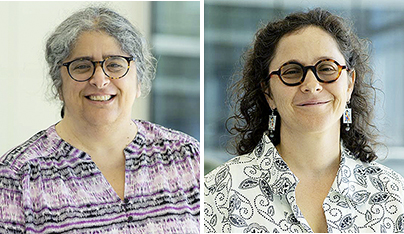 Barbara Wech and Annetta DolowitzBarbara Wech, Ph.D., associate professor of management, and Instructor Annetta Dolowitz hope to discover how the TBL™ model lends itself to quality facilitation skills in an online course. They will examine the methods online instructors use that are considered to be part of creating an online team learning environment and compare responses to group or team questions to the Team-Based Learning™ model and its definition of team activity.
Barbara Wech and Annetta DolowitzBarbara Wech, Ph.D., associate professor of management, and Instructor Annetta Dolowitz hope to discover how the TBL™ model lends itself to quality facilitation skills in an online course. They will examine the methods online instructors use that are considered to be part of creating an online team learning environment and compare responses to group or team questions to the Team-Based Learning™ model and its definition of team activity.
 Allison Shorten, Lynn Nichols, Laurel Hitchcock, Lisa McCormick, Curry Bordelon and Peter Bosworth
Allison Shorten, Lynn Nichols, Laurel Hitchcock, Lisa McCormick, Curry Bordelon and Peter Bosworth
Allison Shorten, Ph.D., professor of nursing, Lynn Nichols, Ph.D., assistant dean for Undergraduate and Pre-Licensure Programs in Nursing, Laurel Hitchcock, Ph.D., associate professor of social work, Lisa McCormick, DrPH, associate professor of environmental health sciences, Curry Bordelon, DNP, assistant professor of nursing, and program director Peter Bosworth — all working with the Center for Interprofessional Education and Simulation — will create a new web-based, interprofessional passport program for UAB. The virtual badging system will enable learners to track individual progress toward key competencies needed for working in interprofessional teams. The IP Passport will record progress through learning pathways — from basic concepts of communication, teamwork, understanding roles and responsibilities and professional ethics to using team-based skills in patient care and community engagement. The team will also explore the effect on learner engagement, motivation and visibility of competencies acquired.
Apply for a grant to expand learning in a team environment by April 1
Awards of $5,000-$15,000 are available for unit-based projects that support teaching innovation and development of teaching approaches and techniques — with an emphasis on team learning. See submission requirements online.

